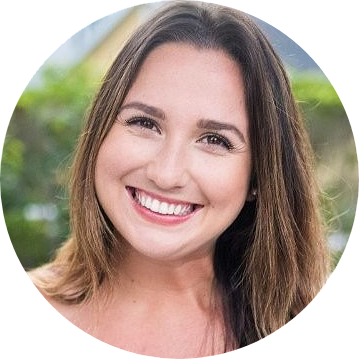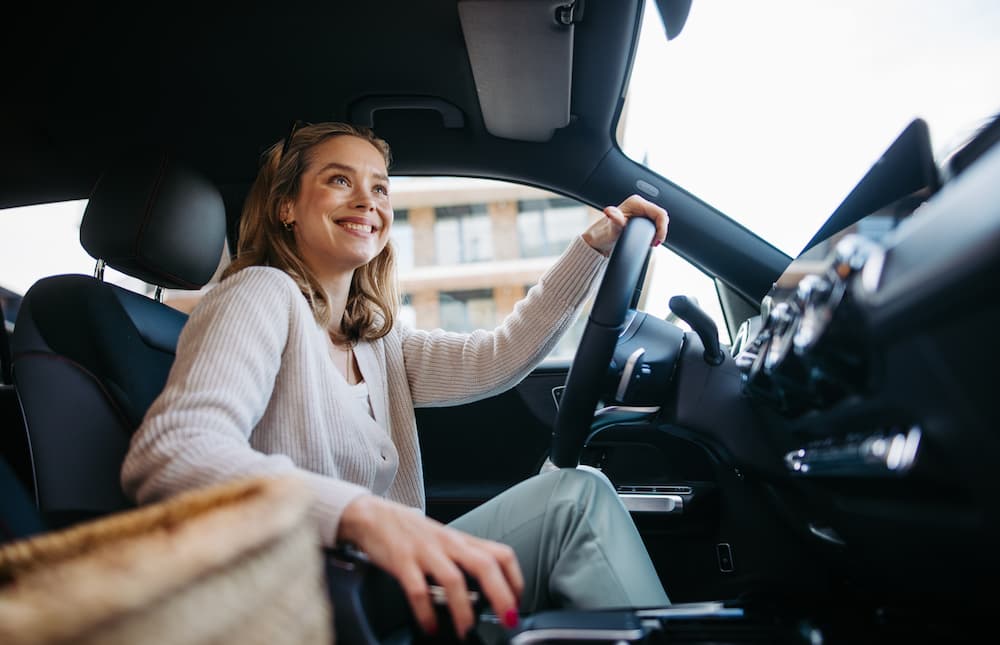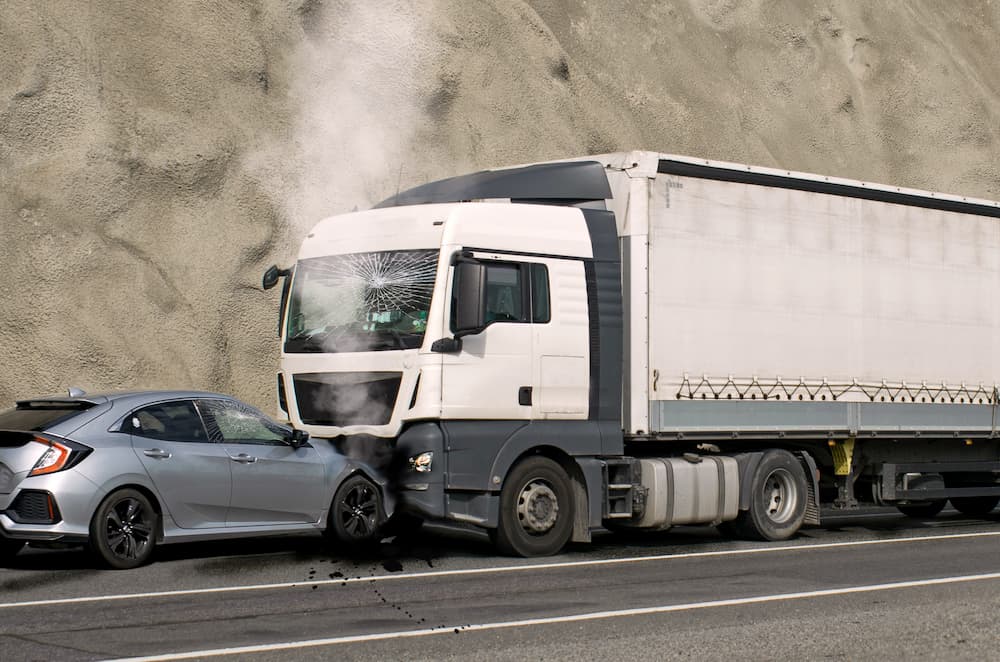- What insurance does a food and beverage business need?
- How much does food business insurance cost by month and year?
- Small business insurance companies that serve food businesses
- How to compare food and beverage business insurance companies to get the best coverage
- How to get the best coverage for your small business
- What our expert says
- Frequently asked questions
What insurance does a food and beverage business need?
Many insurance policies cover food and beverage businesses, including:
General liability insurance
General liability insurance covers claims of bodily injury, property damage and advertising injury. This policy covers settlements, judgment, your legal fees and court costs.
Business owner’s policy
A business owner’s policy (BOP) is a bundle that combines general liability insurance and commercial property insurance at a discounted rate. Commercial property insurance covers damage to business inventory and physical storefronts, like cafes and restaurants.
Workers’ compensation insurance
Workers’ compensation insurance covers employees' medical treatment and partial lost wages if they get sick or injured at work. This policy is required in most states for food businesses with at least one employee.
Commercial auto insurance
Commercial auto insurance covers a driver’s financial responsibilities if they cause an accident while behind the wheel of a business-owned or leased vehicle or delivery van. Like personal car insurance, business auto insurance is a legal requirement in nearly every state.
Liquor liability insurance
Liquor liability insurance – sometimes called dram shop insurance – covers businesses against claims of bodily injury or property damage if they serve alcohol to a customer who injures someone or damages someone’s property. This policy is required in most states for food businesses that serve alcohol. General liability insurance generally doesn’t cover liquor liability.

How much does food business insurance cost by month and year?
Here’s a look at the average cost of food business insurance by policy type, based on rate data from small business insurance broker Insureon:
| Type of insurance | Average premium per month | Average premium per year |
|---|---|---|
| General liability insurance | $44 | $525 |
| Business owner’s policy | $135 | $1,620 |
| Workers’ compensation | $115 | $1,380 |
| Commercial auto insurance | $165 | $1,980 |
| Liquor liability insurance | $75 | $900 |
Small business insurance companies that serve food businesses
Many reputable insurance carriers sell coverage to food and beverage businesses, including:
- The Hartford: Food and beverage business owners can get coverage like workers’ compensation, employment practices liability insurance and liquor liability insurance through The Hartford. The company also offers resources to help food business owners prevent claims, like whitepapers on how to close a restaurant at night properly and how to prevent kitchen fires.
- Huckleberry: Huckleberry sells food liability insurance to restaurant owners, coffee shop owners, bar owners and other food service businesses. Some of the policies available include general liability insurance, liquor liability insurance, utility and food spoilage insurance and equipment breakdown insurance.
- NEXT: NEXT’s food and beverage insurance offerings include general liability insurance, workers’ compensation, business owner’s policies and commercial auto insurance. You can save up to 25% with NEXT’s business insurance discounts, including a 10% discount for bundling multiple insurance policies.
- Travelers. Travelers offers a full line of insurance products for food businesses, including business owner’s policies, commercial auto, equipment breakdown, general liability, commercial property and umbrella insurance.
There’s also the Food Liability Insurance Program. FLIP is a national insurance provider that insures people in the food and beverage industry, like chefs, caterers, food truck owners and farmers market vendors. You can also get liquor liability coverage for the year or a single event. FLIP policies are underwritten by reputable insurers, like Great American Insurance Group.
How to compare food and beverage business insurance companies to get the best coverage
There are dozens of insurance companies that sell coverage for food and beverage businesses. However, not all insurers are created equal. To find the best food and beverage business insurance carrier, it’s important to compare multiple companies. Follow these steps to find the best insurance company for your business:
- Coverage options: Every food and beverage business has different insurance requirements. When comparing companies, look at the coverage options available and choose an insurer that offers the types and amounts of coverage you need based on your potential risks.
- Third-party ratings: Third-party ratings can help you better understand an insurer’s customer service reputation and overall customer satisfaction. It’s a good idea to check company ratings from reputable industry organizations, like J.D. Power and the National Association of Insurance Commissioners (NAIC).
- Financial strength: Choose an insurance company that has an excellent or superior financial strength rating from AM Best. Financially stable insurers are able to meet policyholder obligations and pay claims. Companies that aren’t financially strong are at a higher risk of bankruptcy and may have a harder time paying claims.
- Online tools: If you prefer to handle your insurance needs online, look for insurance companies that offer online tools, such as online policy management, online claims, live chat and risk management resources.
- Cost: Before you purchase business insurance, get personalized rate quotes from a few different carriers. This will help you find the cheapest premium for the type and amount of coverage you want.
How to get the best coverage for your small business
Use these strategies to get the best insurance coverage and lower your premium:
- Consider your unique risks: Think about the risks that your business faces based on your industry, services, location and number of employees. Purchase policies that cover the potential risks you face, and choose coverage limits that offer adequate financial protection.
- Find out what coverages are required: Your business might be required to carry certain types of insurance to satisfy local laws, client requirements or lease agreements. Make sure to get the policies you need and provide certificates of insurance to relevant stakeholders, like your landlord.
- Read the fine print of your policy: Every commercial insurance policy has different exclusions. It’s important to read the fine print of your policy so you understand what is and isn’t covered. You might need to purchase other policies or add endorsements to fill gaps in your basic coverage.
- Compare quotes: The cost of business insurance depends on many factors, and some policy types are more expensive than others. Before you purchase any insurance policy, compare quotes from at least a few different insurance companies to find the best coverage at the most affordable rate.

What our expert says
Frequently asked questions
How much is the average insurance for food and beverage business?
The average cost of food and beverage business insurance depends on many factors, including the policy type, coverage limits and deductibles. Other factors that impact the cost of food and beverage business insurance are your location, claim history, revenue and number of employees. General liability policies range from an average of $40 to $80 a month, while workers’ comp policies cost about $50 to $250 a month.
Why do food and beverage businesses need insurance?
Food and beverage businesses need insurance to protect against potential risks that can lead to financial and legal consequences. Food and beverage business insurance can offer valuable coverage in situations like client injuries and property damage, employee injuries and illnesses, natural disasters, stolen business tools and more.
Do I need commercial auto insurance for my food and beverage business?
Food and beverage businesses are required to have commercial auto insurance in most states if the business owns or leases vehicles. A personal car insurance policy doesn’t cover cars that are used for work-related purposes. You must carry a minimum amount of liability insurance, but you can also get full coverage for more financial protection.






